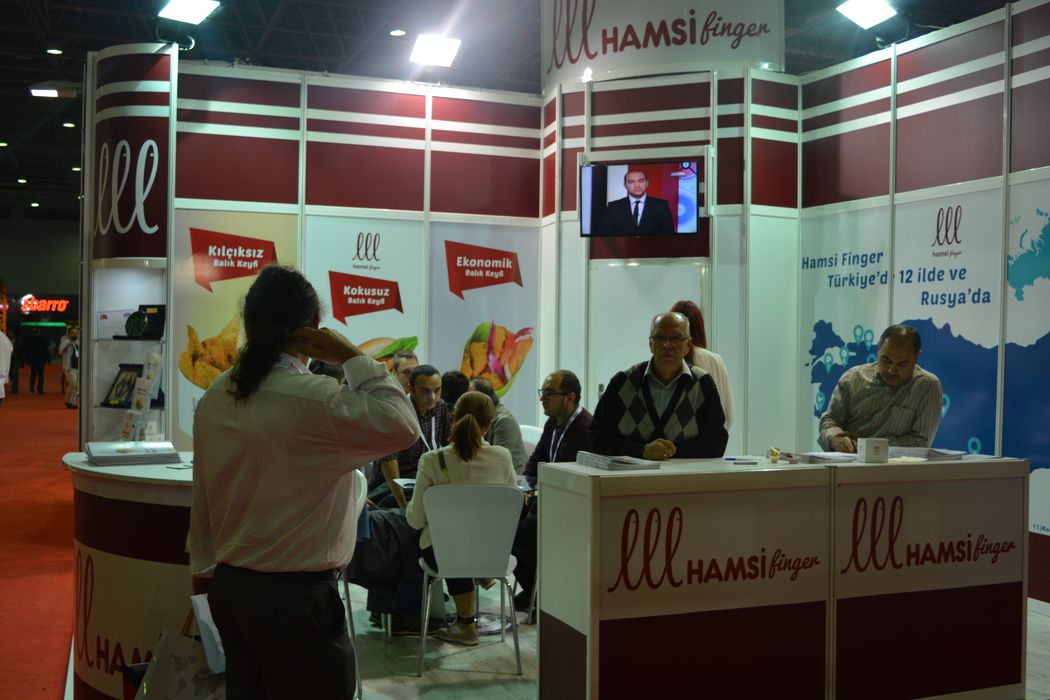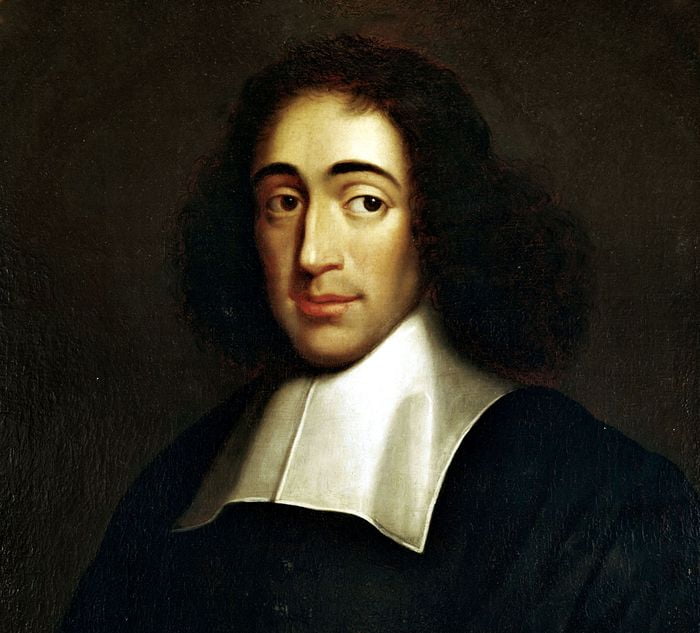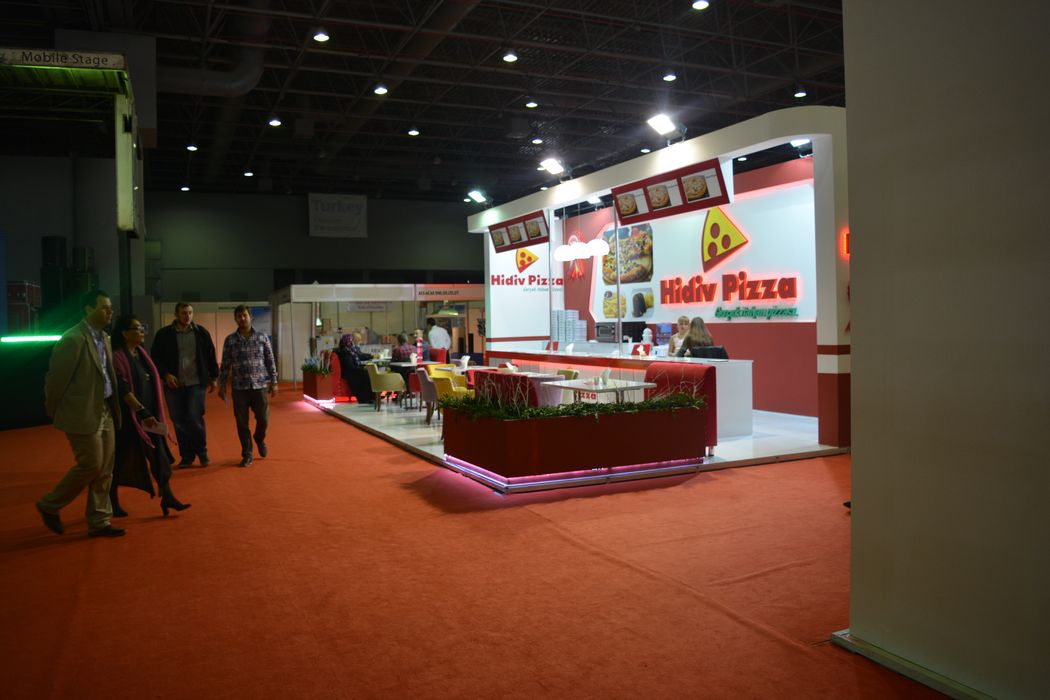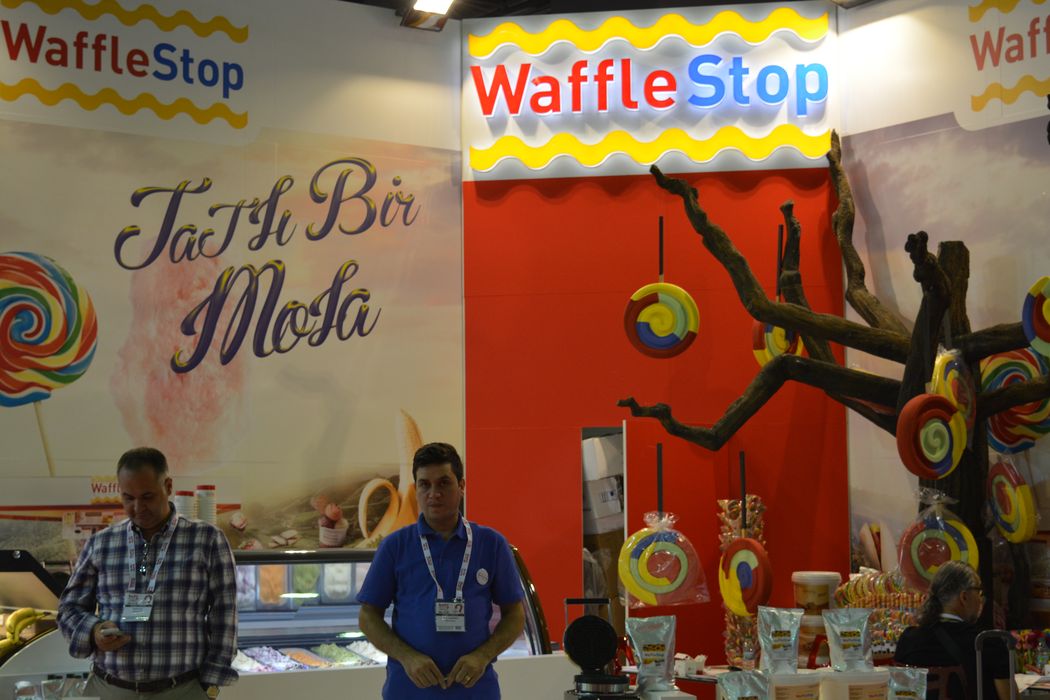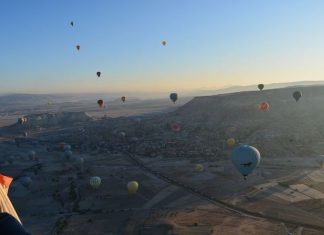The many uses of the coconut
One of its peculiarities is that oil, milk and honey are extracted from it. The honey is made in this fashion. They cut a stalk on which the fruit grows, leaving two fingers’ length, and on this they tie a small bowl, into which the sap drips. If this has been done in the morning, a servant climbs up again in the evening with two bowls, one filled with water. He pours into the other the sap that has collected, then washes the stalk, cuts off a small piece, and ties on another bowl. The same thing is repeated next morning until a good deal of the sap has been collected, when it is cooked until it thickens.
It then makes an excellent honey, and the merchants of India, Yemen, and China buy it and take it to their own countries, where they manufacture sweetmeats from it. The milk is made by steeping the contents of the nut in water, which takes on the colour and taste of milk and is used along with food. To make the oil, the ripe nuts are peeled and the contents dried in the sun, then cooked in cauldrons and the oil extracted. They use it for lighting and dip bread in it, and the women put it on their hair.
Ibn Battuta arrives in Oman
It is a fertile land, with streams trees, orchards, palm gardens, and fruit trees of various kinds. Its capital, the town of Nazwa, lies at the foot of a mountain and has fine bazaars and splendid clean mosques. Its inhabitants make a habit of eating meals in the courts of the mosques, every person bringing what he has, and all sitting down to he meal together, and travellers join in with them. They are very warlike and brave, always fighting between themselves. The sultan of Oman is an Arab of the tribe of Azd, and is called Abu Muhammad, which is the title given to every sultan who governs Oman. The towns on the coast are for the most part under the government of Hormuz.
The city of Hormuz
I travelled next to the country of Hormuz. Hormuz is a town on the coast, called also Mughistan, and in the sea facing it and nine miles from shore is New Hormuz, which is an island. The town on it is called Jarawn. It is a large and fine city, with busy markets, as it is the port from which the wares from India and Sind are despatched to the Iraqs, Firs and Khurasan. The island is saline, and the inhabitants live on fish and dates exported to them from Basra. They say in their tongue . . . “Dates and fish are a royal dish.”
Read More about The Story of Devadatta 2
